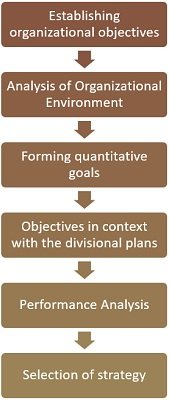An international financial institution (IFI) is a financial institution that has been established (or chartered) by more than one country, and hence are subjects of international law. Its owners or shareholders are generally national governments, although other international institutions and other organizations occasionally figure as shareholders. The most prominent IFIs are creations of multiple nations, although some bilateral financial institutions (created by two countries) exist and are technically IFIs. The best known IFIs were established after World War II to assist in the reconstruction of Europe and provide mechanisms for international cooperation in managing the global financial system.
Today, the world’s largest IFI is the European Investment Bank, with a balance sheet size of €573 billion in 2016. This compares to the two components of the World Bank, the IBRD (assets of $358 billion in 2014) and the IDA (assets of $183 billion in 2014). For comparison, the largest commercial banks each have assets of c.$2,000-3,000 billion.
In many parts of the world, international financial institutions (IFIs) play a major role in the social and economic development programs of nations with developing or transitional economies. This role includes advising on development projects, funding them and assisting in their implementation.
Characterized by AAA-credit ratings and a broad membership of borrowing and donor countries, each of these institutions operates independently. All however, share the following goals and objectives:
- To reduce global poverty and improve people’s living conditions and standards;
- To support sustainable economic, social and institutional development; and
- To promote regional cooperation and integration.
IFIs achieve these objectives through loans, credits and grants to national governments. Such funding is usually tied to specific projects that focus on economic and socially sustainable development. IFIs also provide technical and advisory assistance to their borrowers and conduct extensive research on development issues. In addition to these public procurement opportunities, in which multilateral financing is delivered to a national government for the implementation of a project or program, IFIs are increasingly lending directly to non-sovereign guaranteed (NSG) actors. These include sub-national government entities, as well as the private sector.
Canada is a partner and shareholder in the World Bank, which is the major global IFI, and in several regional development banks. This membership permits Canadian firms and individuals to compete for procurement opportunities in bank-funded projects and programs.

